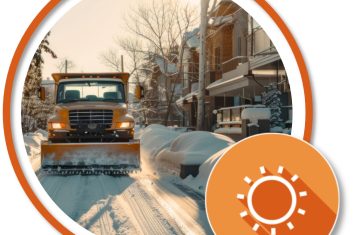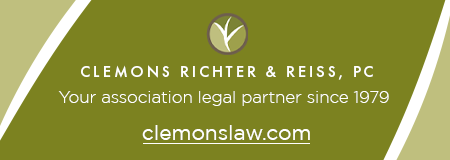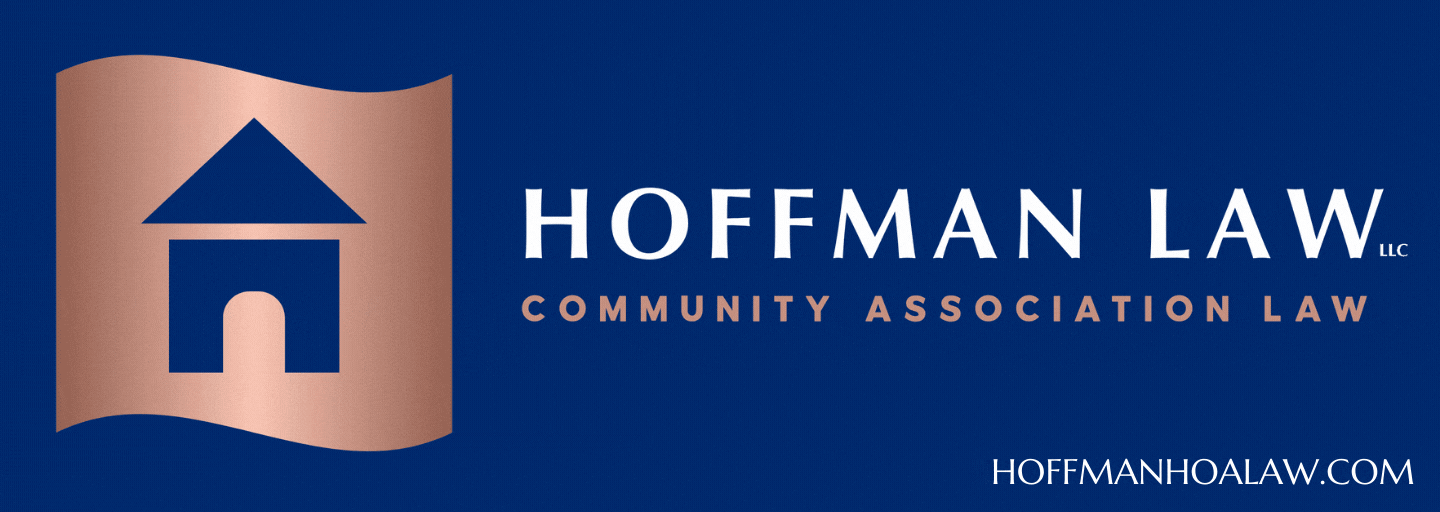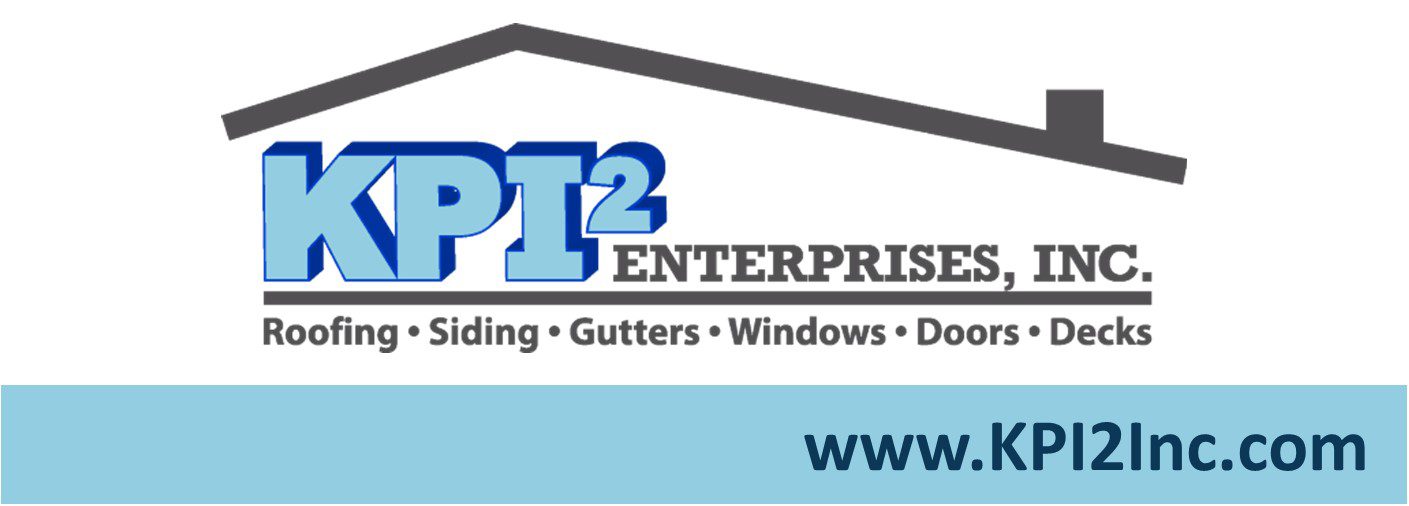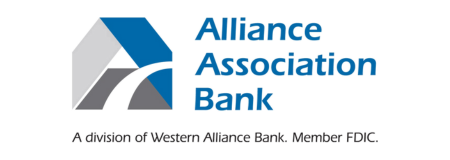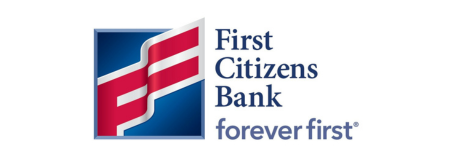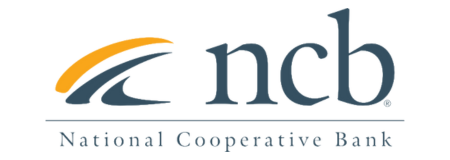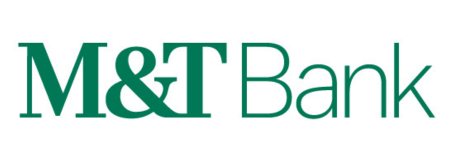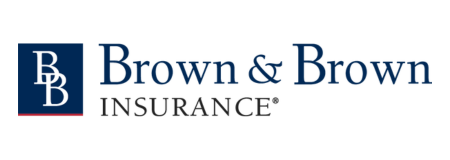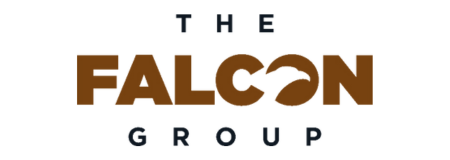Ah, fall… the weather grows colder, school is back in session (virtually for some), the Phillies’ bullpen has its normal late September swoon, and community associations across the Delaware Valley start working on their budgets for next year.
Preparing a community association budget in good economic times can be a difficult and stressful endeavor. So how can associations possibly prepare a budget with all the financial uncertainty caused by the COVID-19 pandemic?
That difficult question was the topic of a seminar titled “COVID-19 Q&A: Creating A Community Budget,” which took place at the chapter’s first virtual conference & expo on September 10th. During the seminar, Cindy Simpson, CMCA, AMS, PCAM of Associa© Mid-Atlantic, Brendan Whelan, CIRMS of Smith Insurance Associates, Inc., and I discussed how we expected COVID-19 to affect associations’ 2021 budget. In case you missed this seminar (or want to watch it again), you can find it here.
One of the many effects of COVID-19 that we discussed during the seminar was the expected increase in legal costs. From my perspective, there are four (4) main areas of which association boards and community managers should be mindful when preparing your association’s next budget.
1. Updates to Governing Documents/Rules & Regulations/Community Policies
Do your association’s governing documents allow for virtual annual/membership meetings? How about virtual board meetings? And if you are expecting to meet virtually for the foreseeable future, do the association’s documents allow for electronic voting? Does the association need to consider amendments and/or resolutions to legally proceed in a virtual manner?
Likewise, what policies is the board putting in place for the re-opening of amenities, including the clubhouse, fitness centers/gyms, pools and/or other recreation areas? We already know that there will be additional costs related to more frequent cleaning and sanitizing to comply with CDC and governmental regulations. Does your association also need to consider liability waivers/hold-harmless agreements before allowing owners access to the clubhouse and use of the amenities?
2. Possible Contract Negotiation/Renegotiation
The threat of transmission of the COVID-19 virus has already wreaked havoc on association operations. Just think of how many association pools did not open this past season. How did the association handle the pool management contract? How did the association handle contracts with other vendors that may have been affected by the pandemic?
Boards should consider reviewing all of your existing contracts with association counsel so that those contracts can be renegotiated if necessary. One thing that has been a staple of contracts I have drafted since March are force majeure provisions (which essentially means unforeseeable circumstances that prevent someone from fulfilling a contract) and other impossibility provisions to deal with the possible effects of COVID-19. Make sure that your contracts have termination provisions and always, always ask your association attorney to review contracts before signing – do not just sign the contractor’s proposal.
3. What Will Happen with Collections in 2021?
Budgeting for bad debt is always a gamble because it is near impossible to know when a unit owner will lose a job, fall on hard times, or file for bankruptcy. When the housing bubble burst back in 2008-12, associations were, by and large, not prepared for the fallout. While at least for now we have not seen the type of delinquencies that were prevalent back then, it is unclear whether more delinquencies are on the horizon due to continued weak economic factors.
Associations must be prepared for a certain amount of bad debt, especially as the pandemic continues, but boards should also continue with normal collection procedures as outlined in the communities’ collection policy. That being said, boards should be lenient and allow payment plans or waive late fees for those who have lost jobs or suffered due to COVID-19; however, be wary of requests to refund or credit any maintenance/assessment fees as a result of closed amenities without taking a hard look at your anticipated expenses and speaking to the association’s accountant.
4. Possible COVID-19 Related Lawsuits
Last, but certainly not least, associations need to be prepared for the possibility of a COVID-19 related lawsuit against the association. If that happens, it is highly possible that the association will not be covered by insurance, meaning that the cost to defend the lawsuit would fall on the association’s members. The reason this is important is that even if the association prevails in any lawsuit, the financial impact on the association’s budget could be significant. This issue is by far the reason that many associations will continue to keep amenities closed for the foreseeable future.
As noted above, liability waivers/hold-harmless agreements are options for associations that do want to start to reopen their amenities; however, those agreements have largely not been tested in Court with respect to this pandemic and, again, there may be significant legal fees to determine whether the waiver is valid. Finally, while some states (North Carolina, Georgia, and Utah) have enacted legislation providing certain immunity for community associations, similar efforts to introduce and pass such legislation in Pennsylvania and New Jersey does not appear promising.
About Hill Wallack, LLP
Hill Wallack LLP offers an extensive array of services to associations, including assessment collection, document interpretation, rules enforcement, dispute resolution, municipal services and transition representation. For the firm’s developer clients, we help draft association documents for the registration process, and provide counsel through the entire development process, including transition. We focus on creating practical solutions and emphasize loss prevention. Our attorneys address all issues confronting common interest communities, ranging from fair housing and telecommunications matters to multi-million dollar construction defect litigation.
Contact Jon Katz, ESQ.
Email: jkatz@hillwallack.com | Phone: 609.734.6393
